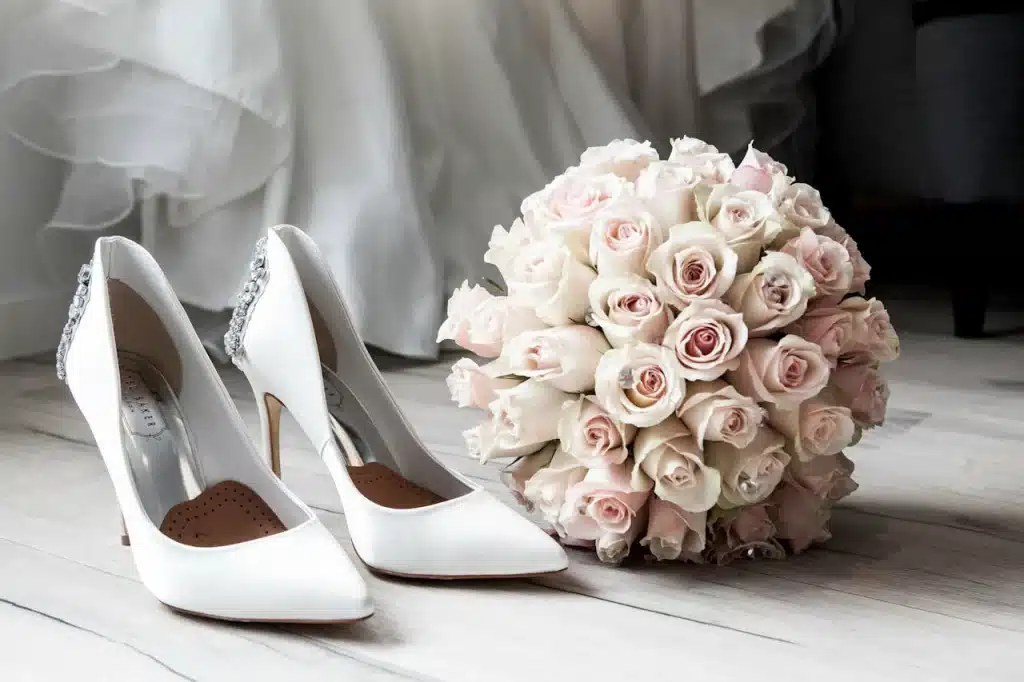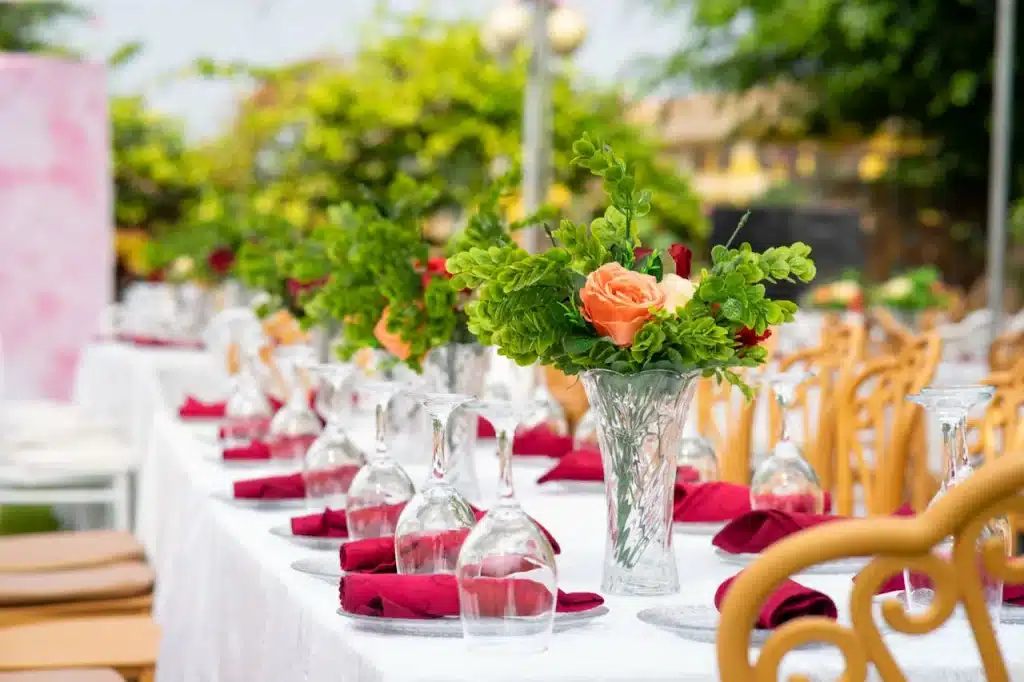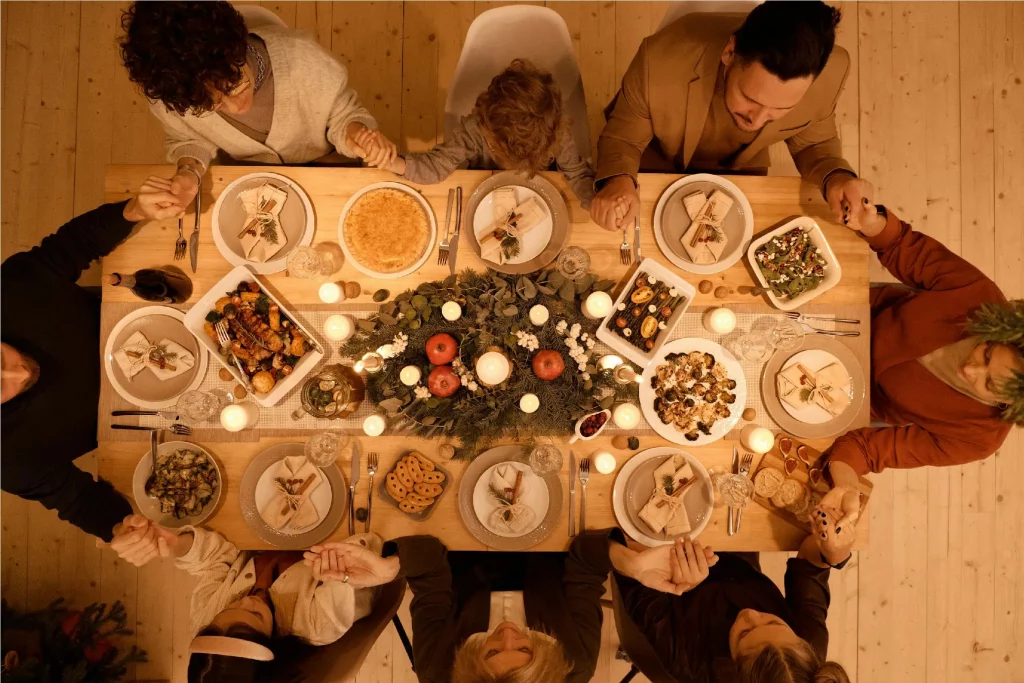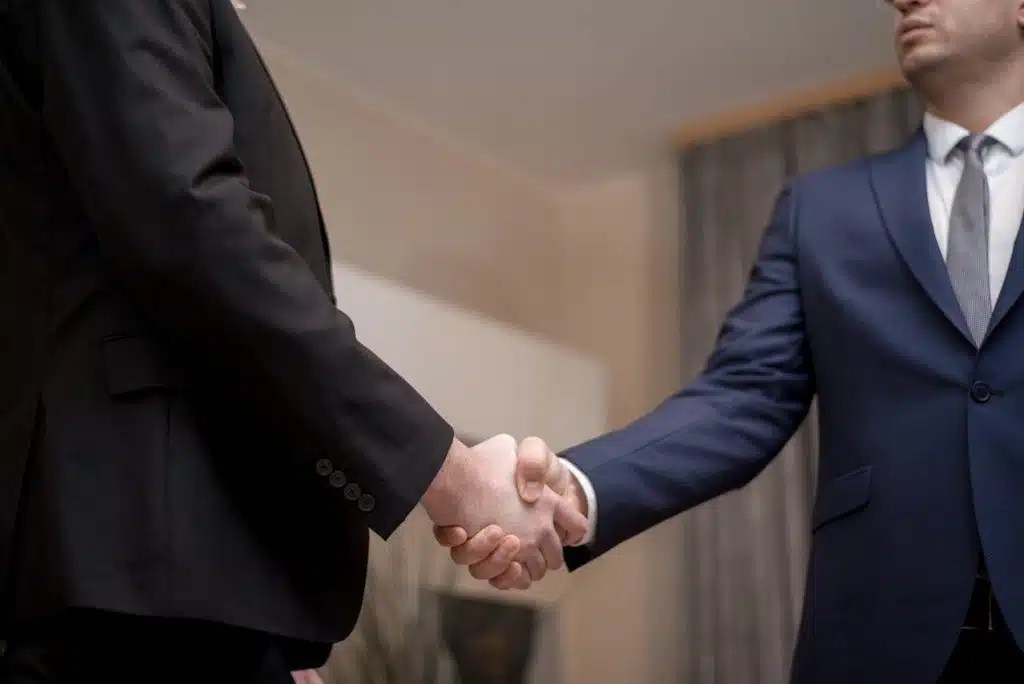Weddings are joyous occasions that bring together friends, family, and loved ones to celebrate the union of two people. While traditions and styles may have evolved over the years, the essence of wedding etiquette remains timeless, emphasizing respect, kindness, and consideration for everyone involved. This guide breaks down wedding etiquette into essential aspects to help you navigate the dos and don’ts with grace and poise.
1. Invitations and RSVPs
Wedding etiquette starts with the invitation. Whether you’re sending traditional paper invites or digital versions, it’s essential to send them out 6-8 weeks before the event. This timeline allows guests ample time to RSVP, which should be done promptly upon receipt. It is considered impolite to delay your response, as it affects the couple’s planning.
2. Plus-One Etiquette
If your invitation specifies that you may bring a plus-one, feel free to do so. However, if there is no mention of a plus-one, do not assume it’s allowed. Respect the couple’s decision, as they may have constraints due to budget or venue capacity. Asking for a plus-one when it wasn’t offered can be considered inappropriate.
3. Dress Code Decorum
One of the most important aspects of wedding etiquette is adhering to the dress code specified on the invitation. Whether it’s black-tie, semi-formal, or casual, dressing appropriately shows respect for the occasion. Avoid wearing white, ivory, or cream, as these colors are traditionally reserved for the bride.
4. Gift-Giving Etiquette
Bringing a gift to the wedding is a customary practice, but it is not mandatory. If you choose to give a gift, consider something from the couple’s registry. If no registry is available, a thoughtful gift or monetary contribution is also acceptable. Sending the gift before or shortly after the wedding is a good practice.
5. Arrival Time
Punctuality is crucial in wedding etiquette. Arriving on time allows the ceremony to proceed without interruptions. Aim to arrive 15-30 minutes before the scheduled start to find your seat and settle in comfortably. Arriving late can disrupt the event and draw attention away from the couple.
6. Social Media Guidelines
With the rise of social media, wedding etiquette now extends to online behavior. Unless explicitly stated otherwise, avoid posting photos of the couple or the ceremony before they do. Respect their wishes if they request a social media blackout or ask that no pictures be taken.
7. Ceremony Behavior
During the ceremony, it is important to be attentive and respectful. Avoid talking, checking your phone, or taking pictures unless it is permitted. Make sure to silence your phone to prevent any accidental interruptions during the vows or other significant moments.
8. Reception Seating Arrangements
When you receive your table assignment at the reception, do your best to stick to the seating plan. The couple has likely put a lot of thought into where everyone should sit, balancing personalities and relationships. If there are issues with your placement, discreetly address them with a member of the wedding party.
9. Toast Etiquette
If you are asked to give a toast, keep it short, sweet, and appropriate. Focus on positive anecdotes and heartfelt wishes for the couple. Avoid inside jokes that might alienate other guests or anything too personal that might embarrass the newlyweds.
10. Respecting the Couple’s Traditions
Every couple’s wedding will have its own unique traditions, whether they are cultural, religious, or simply personal preferences. It is important to respect these customs, even if they are different from your own. Participate in the celebrations with an open heart and a positive attitude.
11. Child-Free Weddings
If the couple has decided on a child-free wedding, it’s essential to honor their wishes. Make the necessary arrangements for childcare and avoid bringing children unless specifically invited. This choice is often made to keep the event focused on the couple and to ensure a more relaxed atmosphere.
12. Reception Etiquette
During the reception, it’s polite to stay for the entire event or at least until after the cake has been cut. Leaving early might be seen as a lack of interest in the celebration. If you must leave early, do so quietly and without drawing attention to yourself.
13. Handling Alcohol Responsibly
Drinking is common at many weddings, but moderation is key. Avoid overindulging in alcohol to the point where it affects your behavior or spoils the event for others. Drinking responsibly is a crucial part of maintaining decorum at any celebration. It’s better not to drink alcohol. Because it’s not good for your health.
14. Respecting the Newlyweds’ Time
The newlyweds will have many guests to greet and limited time to spend with each one. Keep your conversations short and sweet, allowing them to enjoy their day and interact with everyone. Avoid monopolizing their time, even if you’re a close friend or family member.
15. Dance Floor Etiquette
When the dance floor opens, feel free to join in and have a great time, but be mindful of others. Avoid overly aggressive dancing that might make others uncomfortable or draw negative attention. Allow the couple to have their special dances without interruption.
16. Photography Etiquette
While everyone wants to capture moments from the day, it’s essential to allow the hired photographer to do their job. Avoid stepping into the aisle during the ceremony or obstructing their shots. It’s best to take your photos discreetly and without causing distractions.
17. Dietary Preferences
If you have specific dietary restrictions or allergies, inform the couple or catering team well in advance. It’s not appropriate to demand special meals on the day of the wedding unless you previously communicated your needs. Being considerate of their preparations is a sign of good manners.
18. Thanking the Hosts
Expressing gratitude to the couple and their families for hosting the wedding is a gracious gesture. Whether you do so verbally during the event or with a follow-up thank-you note, it shows appreciation for their efforts in organizing the celebration.
19. Bridal Party Responsibilities
If you are part of the bridal party, your role extends beyond just attending the wedding. Be proactive in assisting with preparations, following schedules, and supporting the couple in any way they need. Your primary duty is to help make their day as smooth and joyous as possible.
20. Handling Conflicts Gracefully
Weddings can sometimes be emotional or stressful, which might lead to disagreements or conflicts. If tensions arise, handle them discreetly and diplomatically. Avoid making a scene or drawing attention to the issue, as the focus should remain on the couple’s celebration.
21. Financial Contributions
When discussing financial contributions with family or friends who are involved in the planning, be clear and considerate. It’s important to communicate openly about expectations and limitations to avoid misunderstandings that could strain relationships.
22. Staying in the Loop
If you’re a close friend or family member, stay updated on any changes or developments in the wedding plans. This includes last-minute venue shifts, schedule adjustments, or any other pertinent details. Being in the loop helps you offer better support to the couple.
23. Handling Difficult Guests
If you encounter a guest who is behaving inappropriately, try to address the situation calmly. Avoid engaging in confrontations and, if necessary, seek the help of the wedding planner or event staff to discreetly handle the matter.
24. Managing Expectations
Couples should also practice etiquette by managing their expectations of guests. Be clear in your communication, such as stating whether children or plus-ones are invited and whether there is a specific dress code. This clarity will help guests respect your wishes more easily.
25. The Art of Saying No
Guests should feel comfortable declining a wedding invitation if they genuinely cannot attend. When doing so, be prompt and polite, sending a thoughtful note explaining your absence and wishing the couple well. This way, they can make adjustments to their guest list.
26. Navigating the Receiving Line
If the couple has organized a receiving line, participate in it respectfully. Keep your greeting short and warm, as they will have many guests to meet. This is a great opportunity to congratulate the couple and exchange pleasantries without taking up too much of their time.
27. Gifting Etiquette for Destination Weddings
For destination weddings, it’s common to wonder about gift expectations. While it’s always polite to give a gift, many couples understand that the travel expenses are already a significant contribution. A small token or gift sent before or after the wedding is perfectly acceptable.
28. Showing Gratitude for Gifts
Couples should promptly send thank-you notes to everyone who gave a gift, whether it was monetary or physical. Ideally, these notes should be personalized, expressing genuine appreciation for the gesture. Timely thank-yous go a long way in maintaining good relations.
29. Handling Uninvited Guests
If uninvited guests show up at the wedding, the best approach is to handle it gracefully. While this can be frustrating, it’s more important to maintain the event’s positive atmosphere. Assigning someone from the wedding party to address the situation discreetly can help.
30. Maintaining a Gracious Attitude
Above all, the key to wedding etiquette is maintaining a gracious attitude. Whether you’re the couple, a member of the bridal party, or a guest, keeping a positive and considerate demeanor ensures that the event remains a beautiful, joyful occasion for everyone involved.

Conclusion
Wedding etiquette is all about showing respect, kindness, and appreciation to everyone involved in the celebration. Whether you’re a guest, a member of the bridal party, or the couple themselves, following these guidelines helps ensure that the day goes smoothly and that everyone feels valued. While traditions and practices may vary, the underlying principle of wedding etiquette remains the same: to create a joyous, meaningful experience for the couple and their loved ones. By adhering to these guidelines, you contribute to making the wedding a memorable and enjoyable event that reflects the love and unity that brought everyone together.









